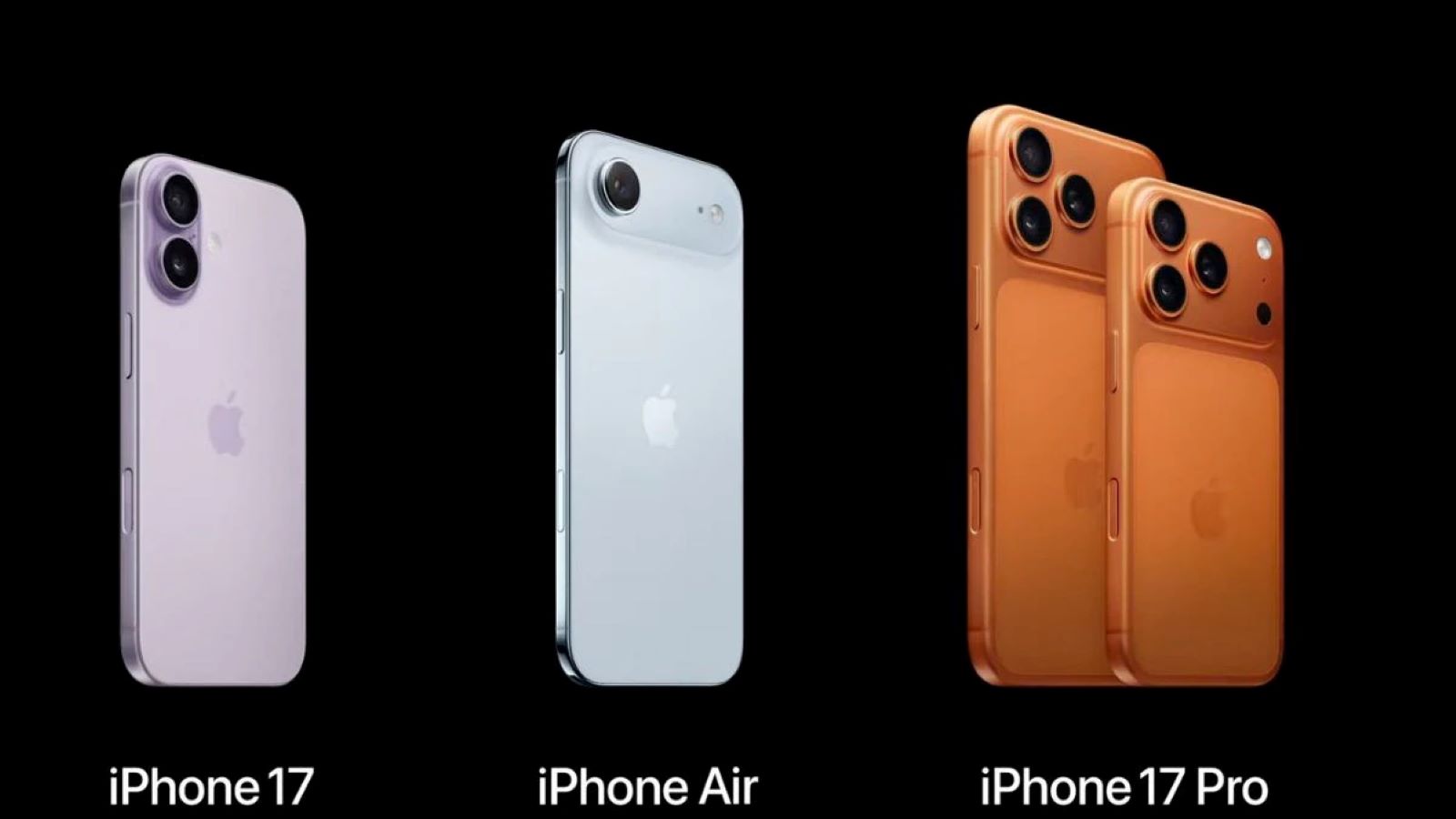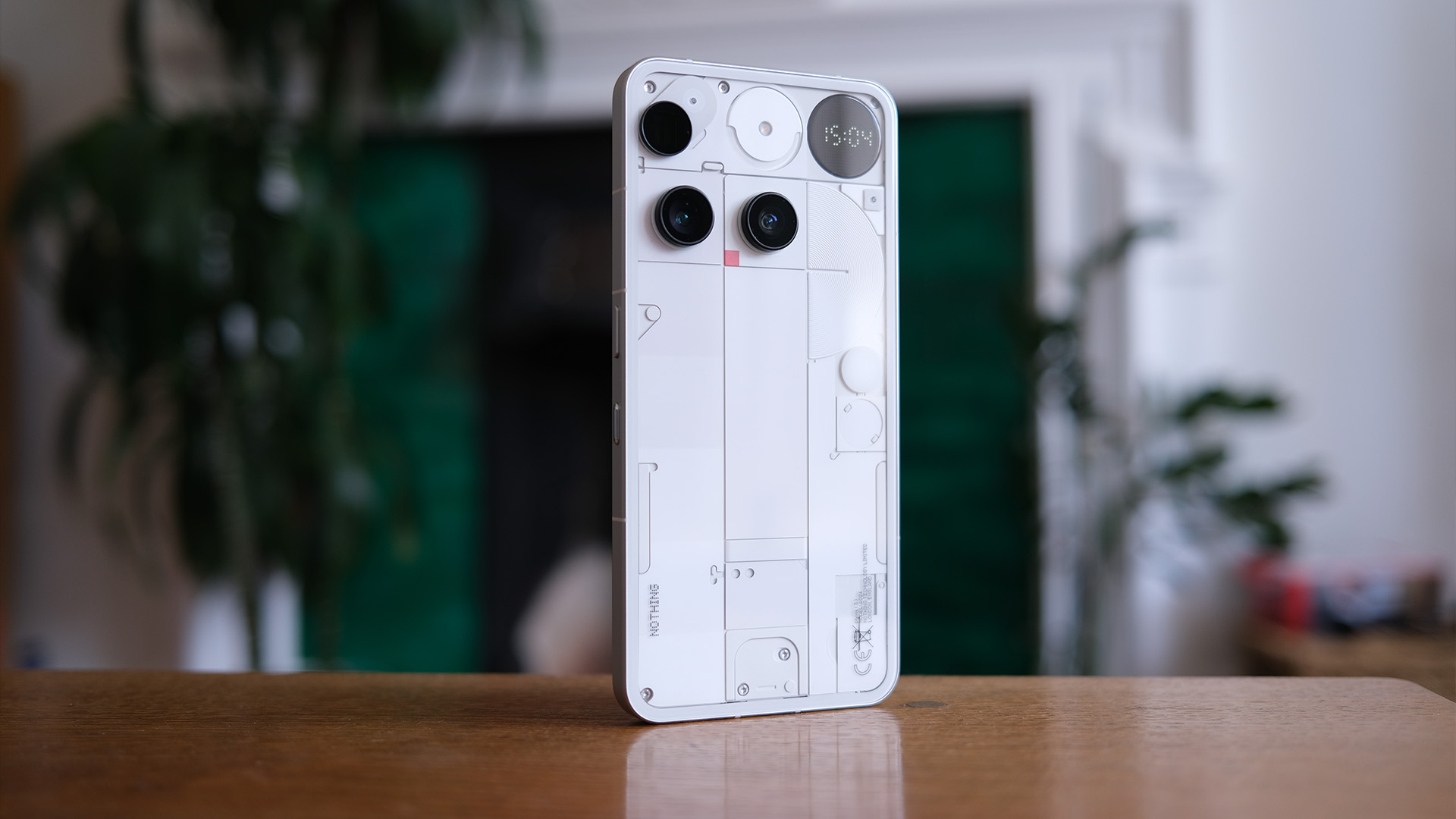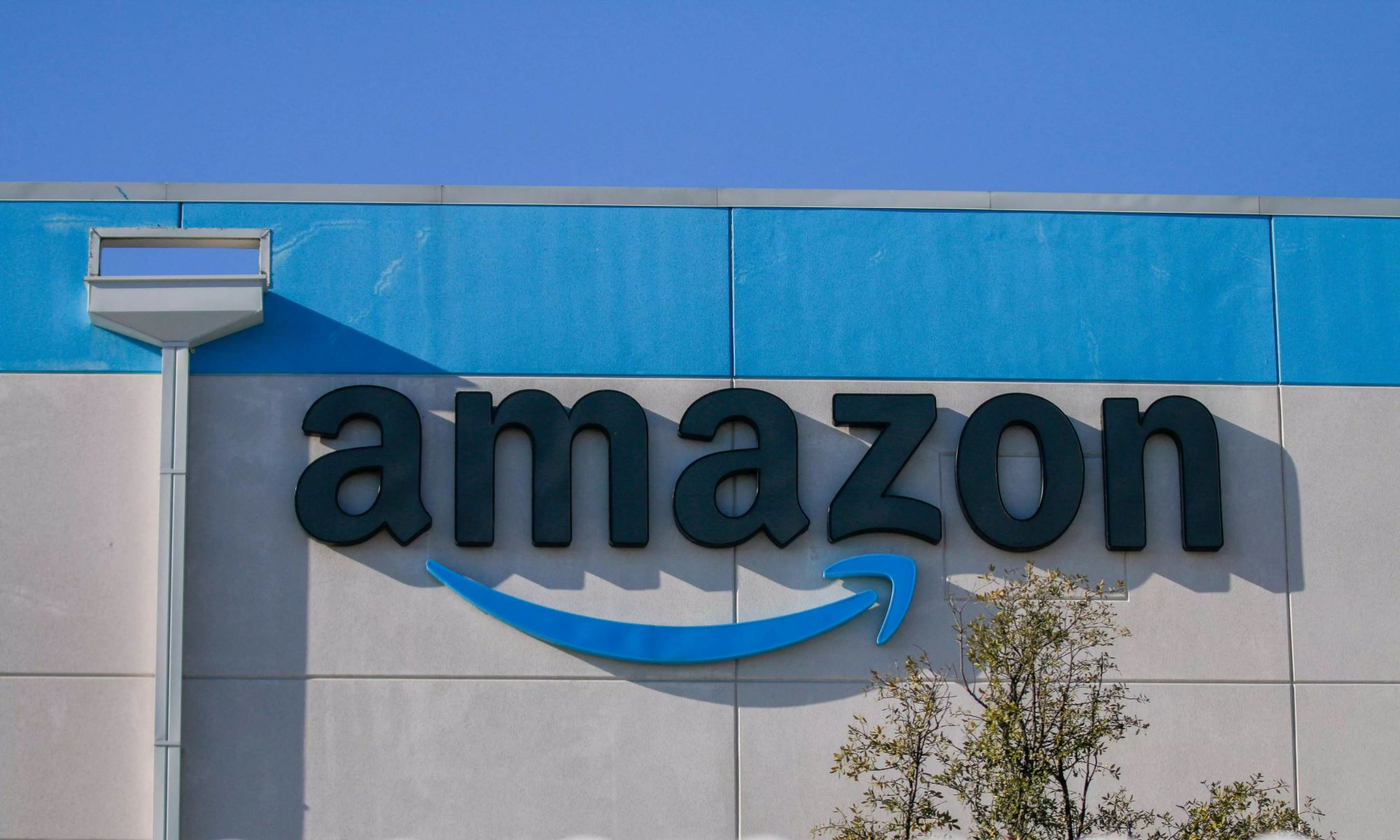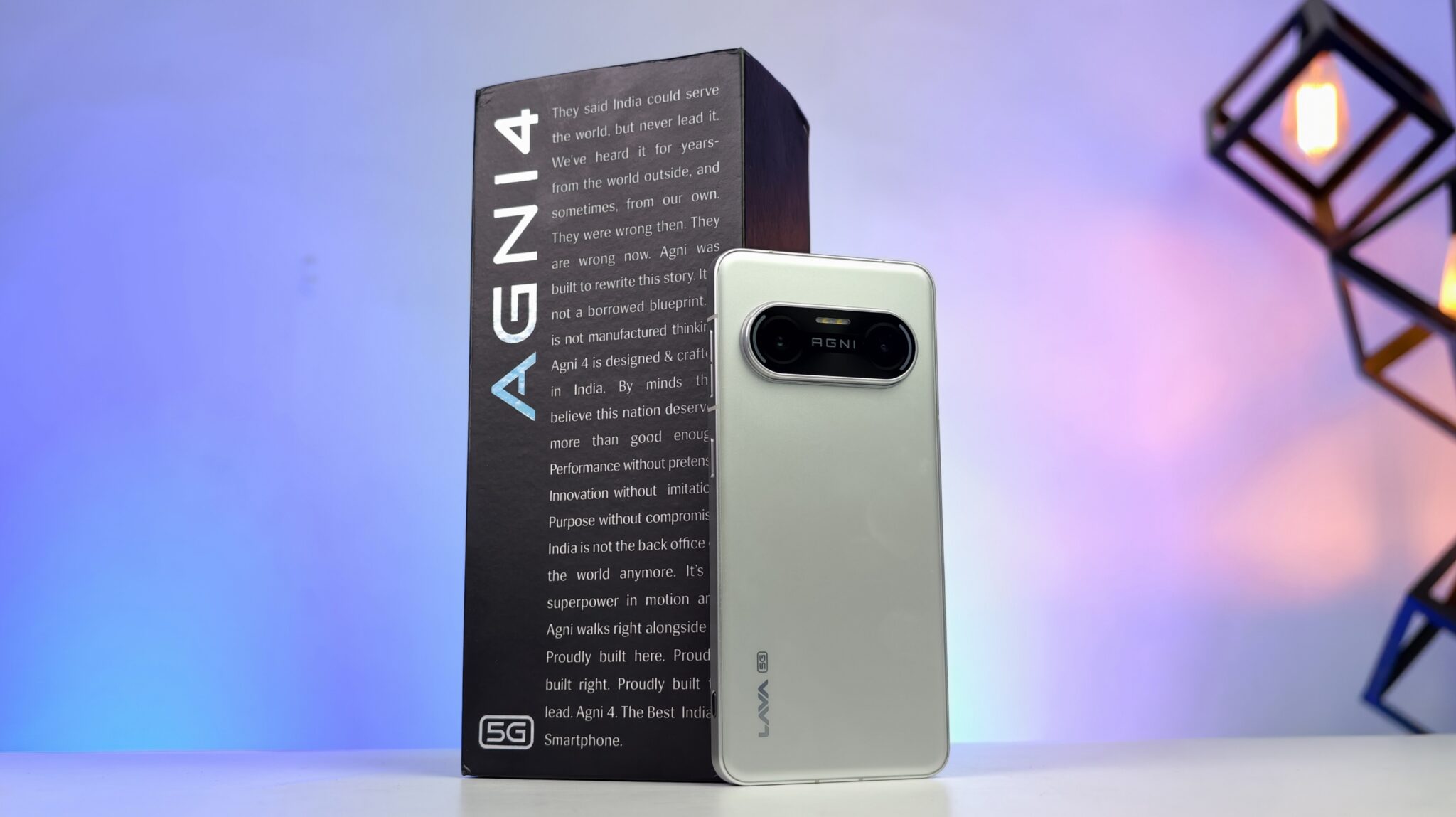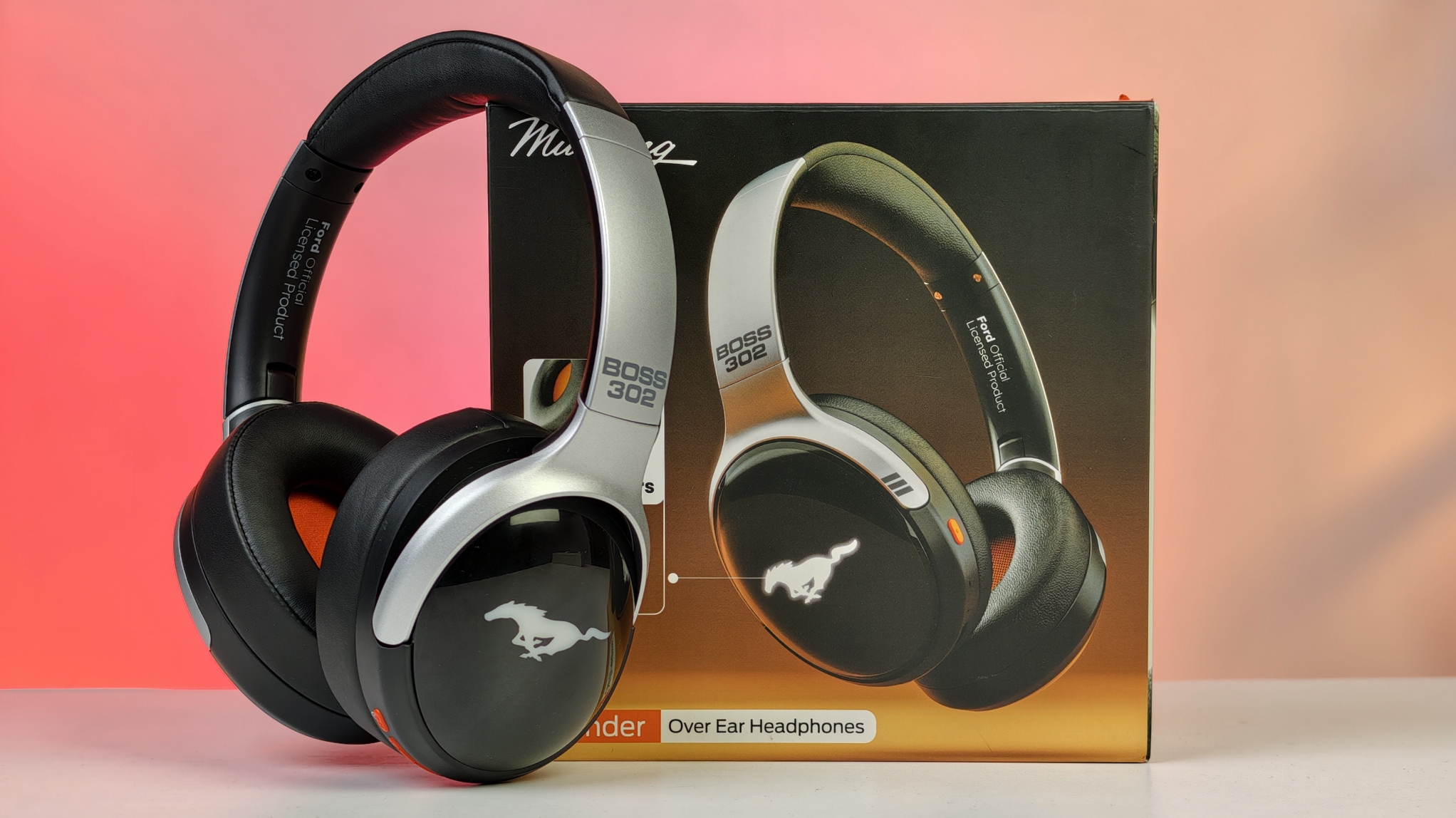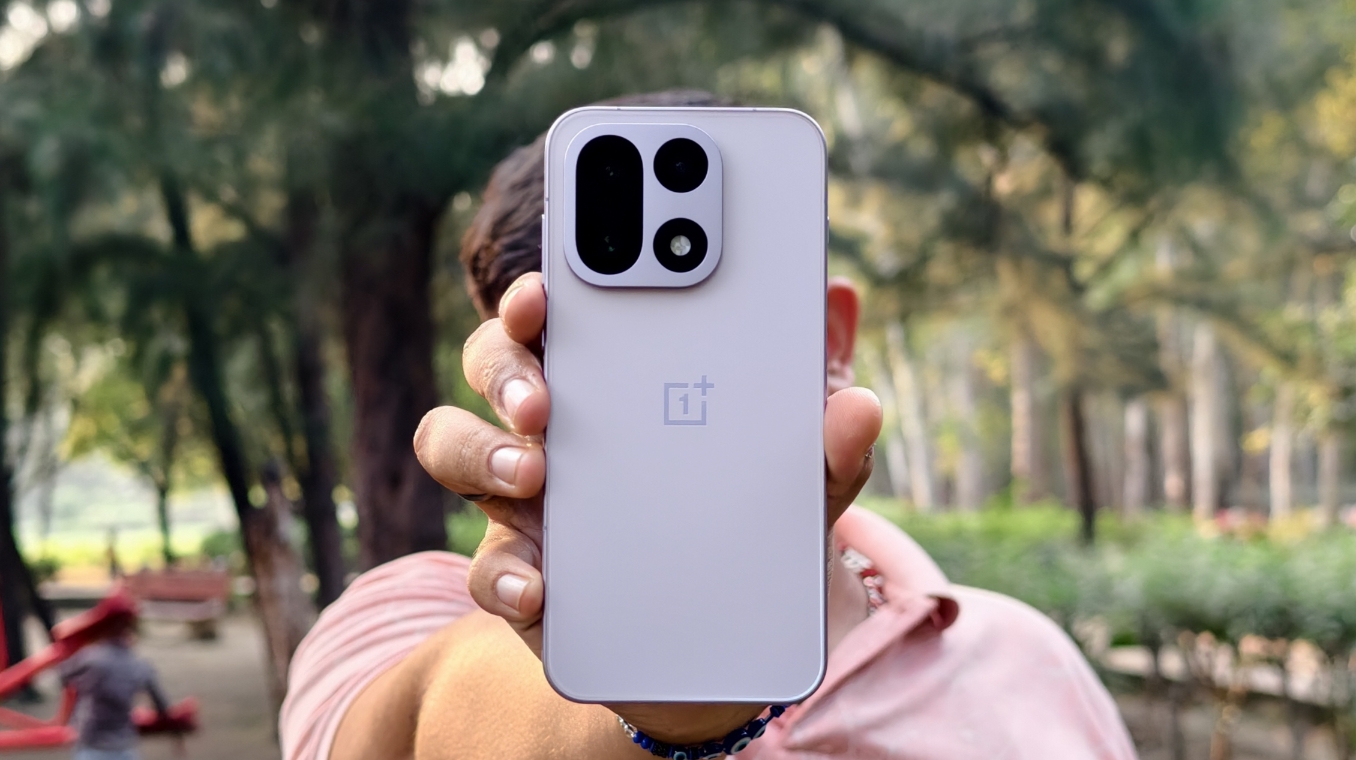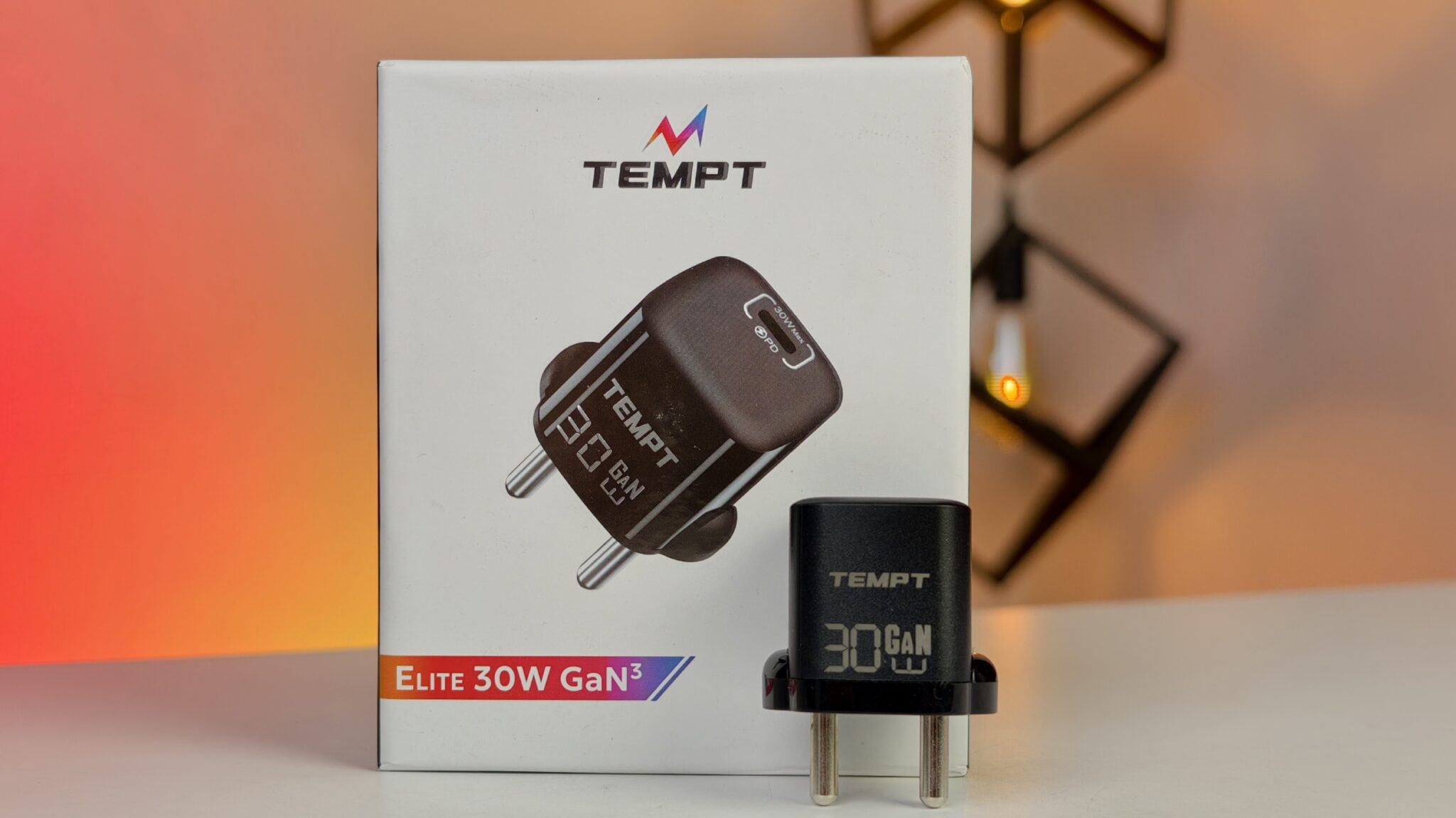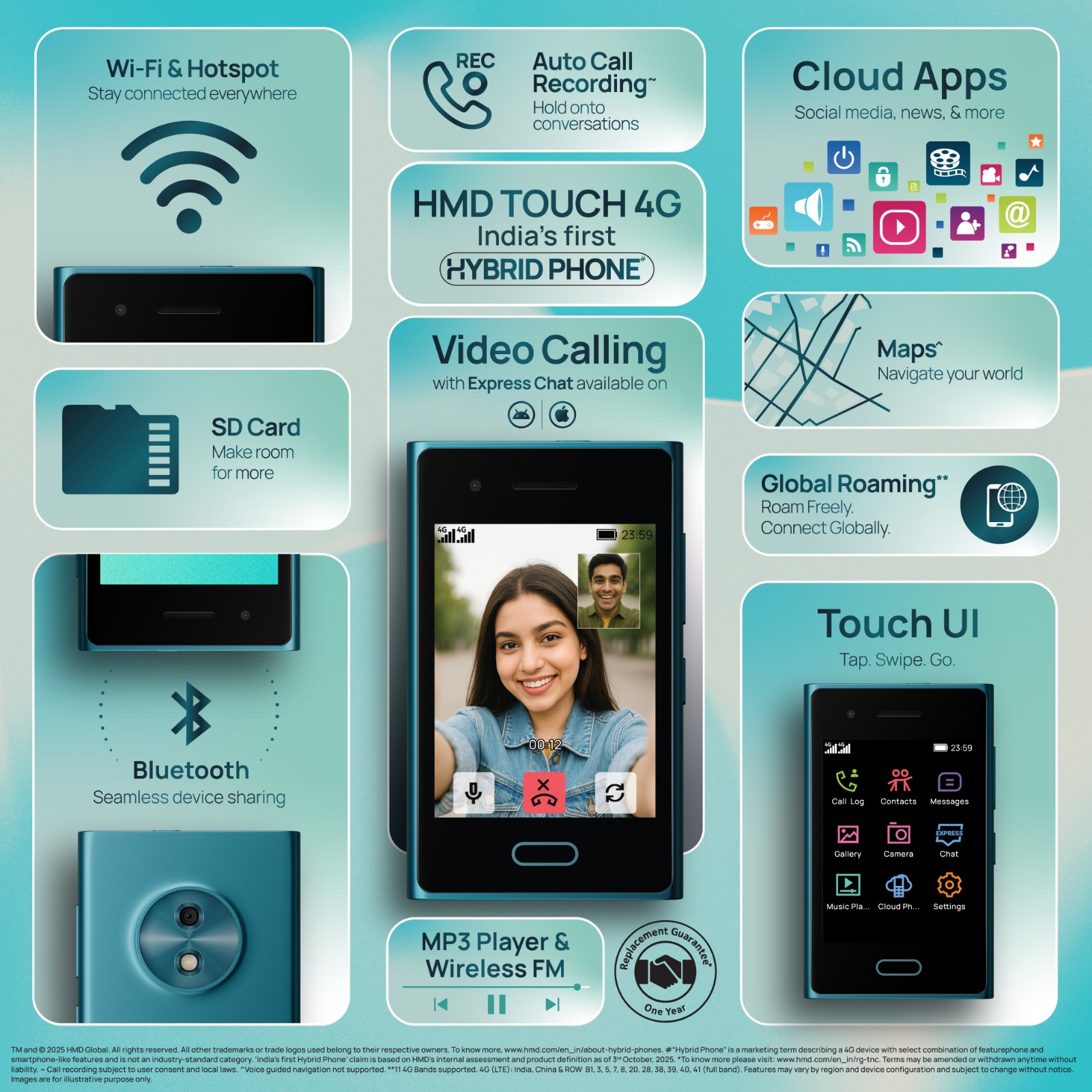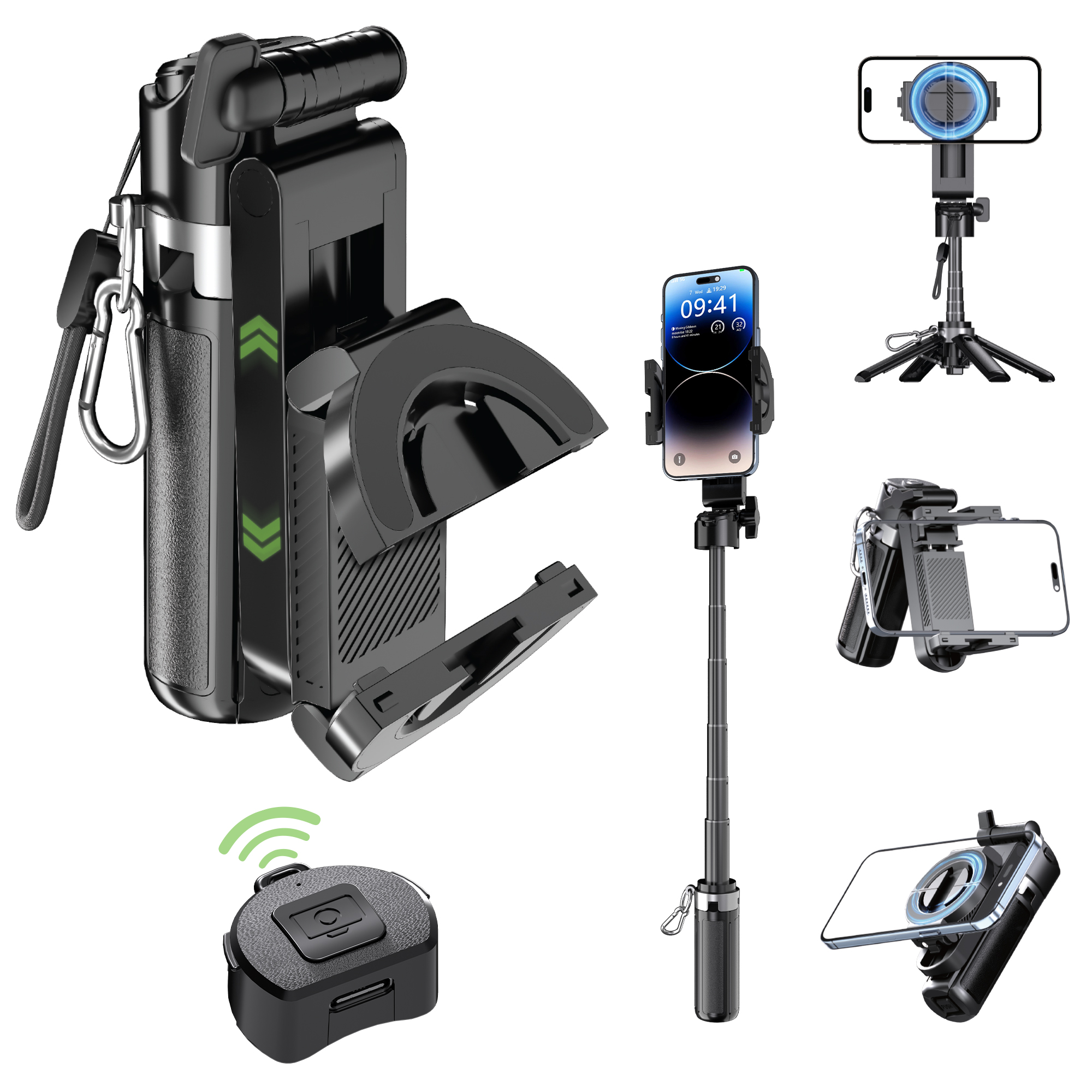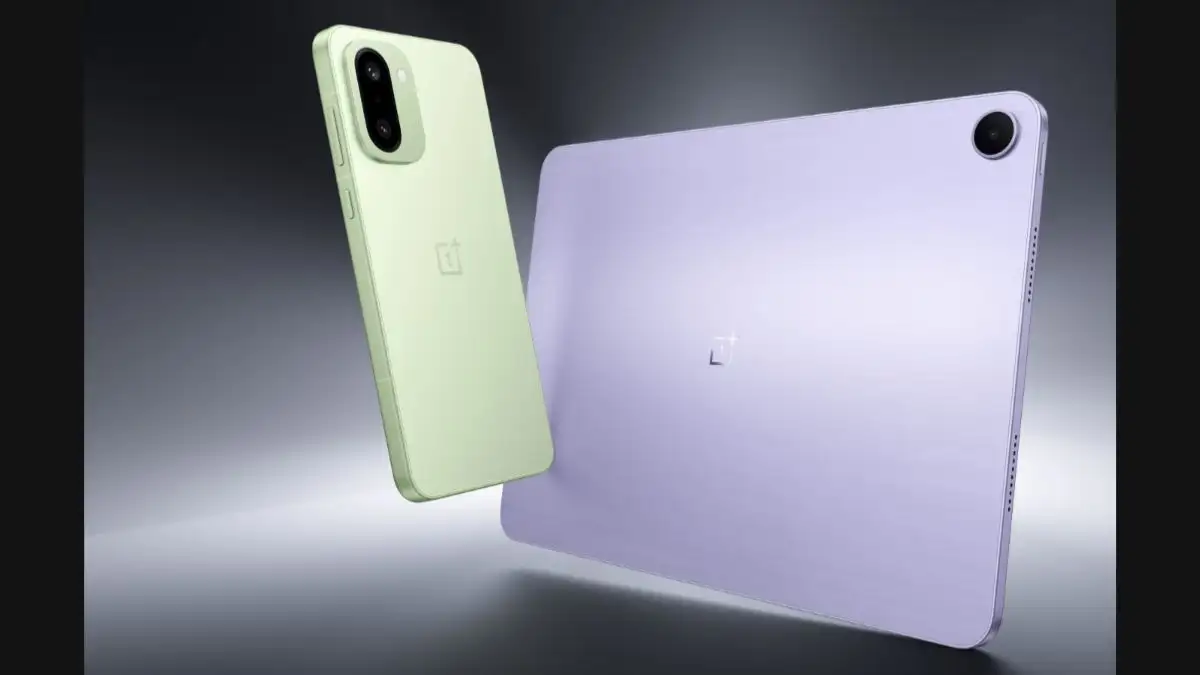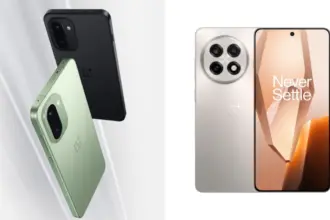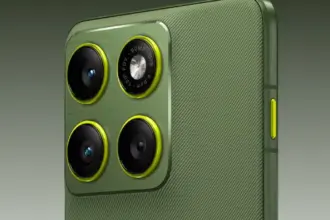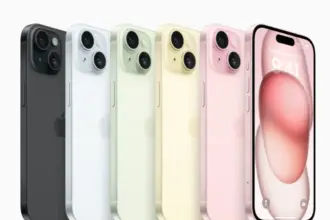Apple is preparing a major security upgrade for its 2025 iPhone lineup, aimed at protecting users from increasingly sophisticated spyware threats. According to recent reports, both the upcoming iPhone 17 series and a new model called the iPhone Air will feature a custom security chip. This chip is designed to stop spyware such as Pegasus, which has been used to compromise the devices of journalists, activists, and government officials around the world.
Key Takeaways
- The iPhone 17 series and the new iPhone Air will include a custom security chip.
- Its main role is to defend against advanced spyware that relies on “zero-click” attacks.
- The chip will be integrated into the iPhone’s Secure Enclave, a protected part of the processor.
- This move follows years of high-profile incidents involving Pegasus spyware and iOS vulnerabilities.
- The iPhone Air is expected to be a thinner model, positioned between the standard and Pro versions.
A Hardware-Based Defense
Spyware like Pegasus, developed by the Israeli firm NSO Group, is especially dangerous because it can infect a phone without the user doing anything at all. These “zero-click” attacks often target apps such as iMessage, granting attackers access to cameras, microphones, messages, and location data.
Up until now, Apple has mostly relied on software updates and features like Lockdown Mode to counter these threats. The addition of a dedicated chip marks a shift toward a hardware-driven approach. By placing the new component inside the Secure Enclave, which already safeguards sensitive data like Face ID, Touch ID, and Apple Pay, Apple is strengthening one of the most secure areas of the device.
This move reflects the growing seriousness of state-sponsored surveillance tools. Hardware-based defenses provide more permanent protection, making it much harder for attackers to find a way in compared to software patches that can eventually be bypassed.
Introducing the iPhone Air
Apple’s security push will not be limited to its flagship Pro models. Reports suggest that the company will extend the new chip to a rumored iPhone Air, expected to launch alongside the iPhone 17 lineup in 2025. The iPhone Air is said to be thinner and could take the place of the current “Plus” model, offering users a new option that sits between the standard iPhone 17 and the iPhone 17 Pro.
Including the iPhone Air in this upgrade shows Apple’s intent to make this level of security a standard feature across its premium lineup. For users in India and worldwide, the change promises a stronger safeguard against spyware and malware. While most people may never be targeted by Pegasus itself, the techniques behind it often trickle down into more common cyber threats. With security built directly into the hardware, Apple is raising the baseline level of protection for personal and financial data, offering greater peace of mind in a digital age where risks continue to evolve.
Frequently Asked Questions (FAQs)
Q. What is Pegasus spyware?
A. Pegasus is a powerful surveillance tool sold to governments that can infect iPhones and Android devices. It can record calls, copy messages, and secretly activate a phone’s camera and microphone without the user’s knowledge.
Q. How will the new security chip work?
A. The new chip will work inside the Secure Enclave to monitor data traffic and processes, specifically looking for patterns associated with zero-click spyware. It adds a physical barrier that is much harder to bypass than software alone.
Q. Will this feature be on all iPhone 17 models?
A. Reports indicate the new security chip will be included in the iPhone 17, iPhone 17 Pro, iPhone 17 Pro Max, and the new iPhone Air.
Q. What is the difference between the iPhone 17 and the iPhone Air?
A. The iPhone Air is expected to be a new model with a significantly thinner design. It will likely share some features with the standard iPhone 17 but will be marketed as a distinct, style-focused option.
Q. Why is hardware security considered better than software security?
A. Hardware-based security is built directly into the physical components of a device. It is more difficult to change or bypass than software, which can be altered or exploited through bugs. A hardware solution provides a more permanent and resilient defense.


